Evaluation of the project strengthening migrants’ right to health in Italy, Greece and Malta
Title REACH-OUT – integrated community healthcare and OUT-REACH services for hard-to-reach population
Location Italia, Grecia, Malta
Project leader Ministry of Health of Malta
Partners Intersos, Digivis Consulting, Praksis, PIN – Polo Universitario della Città di Prato
Funding European Health and Digital Executive Agency
Context
The project REACH-OUT aims to design and implement an integrated intervention dedicated to improving global health outcomes for hard-to-reach population groups. The intervention aimed at improving the condition of beneficiaries in Italy, Malta and Greece through prevention, early detection, and access to care for HIV, STIs, hepatitis B and C.
In addition, the project intends to reinforce the network and promote the cooperation among different subjects and stakeholders involved in the community settings. The rationale for this project springs from the direct fieldwork experience of the project partners, who are involved daily in the provision of services to hard-to-reach individuals and families.
In the countries targeted by this project, hard-to-reach individuals may be: undocumented migrants, refugees and asylum seekers, vulnerable local groups, and many other disadvantaged individuals. What all these different groups have in common is their lack of access to systematic prevention initiatives, and their difficulty in accessing culturally sensitive healthcare provision.
Also, the lack of access to the information concerning biomedical intervention on HIV transmission and the limited awareness about sexually transmitted infections (STIs) including HIV and hepatitis B and C, are significant problems for the population living in the intervention communities.
General Objective
The M&E and Impact Evaluation Unit has been involved in the project to carry out the mid-term (April-June 2024), the final (October-December 2025) evaluation and a social network analysis.
Our Contribution
To carry out the evaluation of the project, the M&E and Impact Evaluation Unit will collect quantitative and qualitative data, by means of interviews, focus groups discussions an participatory methodologies that will involve staff members, training participants and relevant stakeholders.
To analyse the impact of the project Reach Out on strengthening and consolidating the network of stakeholders in the education/work sector, at regional and European level, Researchers will carry out a Social Network Analysis. Through this method, ARCO will also assess the creation of a relevant and fruitful dialogue between the experts of the regional health care networks.
Read more on the M&E and Impact Evaluation Unit
Related Projects
-

Evaluation of the project that promotes food security and climate resilience in Mozambique
-
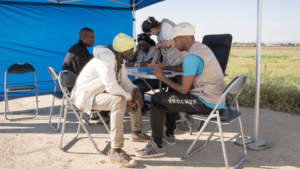
Evaluation of the project strengthening migrants’ right to health in Italy, Greece and Malta
-

Final evaluation of the project that strengthens olive farmers’ resilience in Southern Lebanon
-

Social impact assessment of the Rapporti Corti project for socio-educational inclusion in the Navile district of Bologna
-

Evaluation of the Naseej project to stop gender-based violence in Iraq, Yemen, and Palestine
-
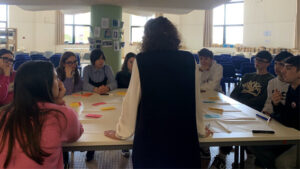
Evaluation of the project that promotes youth employment in Italy
-
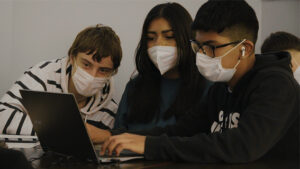
Final evaluation of the ‘5G Smart School’ project for innovative teaching in Italian schools
-
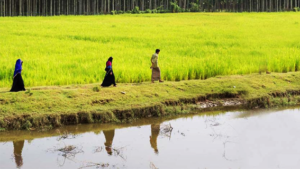
Evaluation of the project that fosters mainstreaming migration into international cooperation and development policies
-

Final evaluation of a project to contrast educational poverty in Albania
-
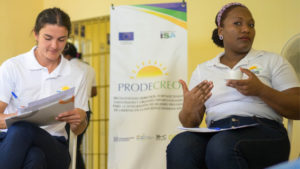
Evaluation of the project PRODECREO to promote the rights and socio-occupational reintegration of women deprived of their liberty in the Dominican Republic
-

Final evaluation of the SOS Children’s Villages family strengthening project in Bosnia and Croatia
-

Evaluation of the project for the motor rehabilitation of oncological children in Turin
-
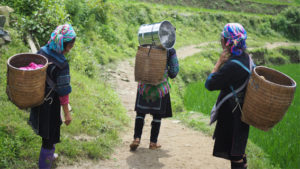
Evaluation of the project that aims to improve the health of the most vulnerable in Myanmar
-
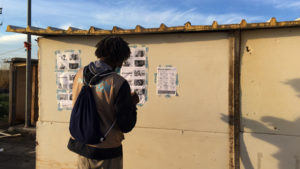
Final evaluation of the project that fosters proximity social-health services in the informal settlements of the Province of Foggia
-

Food Wave, Monitoring the project that promotes sustainable food consumption among young Europeans
-

Spazio Donna, evaluation of the projects to foster women empowerment and contrast gender-based violence
-

Evaluation of the projects “M’Interesso di Te” that tackle unaccompanied foreign minors’ integration
-
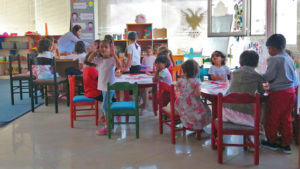
Evaluation of psycho-socio-sanitary interventions in response to the COVID-19 pandemic and the earthquake in Albania
-

Final evaluation of the Youth For Love project to raise young people’s awareness of gender-based violence
-
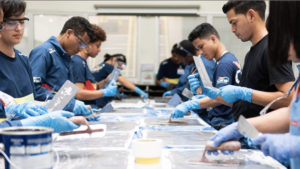
Multi-country mid-term evaluation of the YouthCan! programme, promoting the employability of vulnerable young people
-

Final evaluation of WEGO2 to support women economic empowerment contrasting intimate partner violence
-
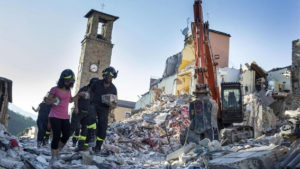
Action Research for the project Do.N.N.E against gender-based violence in Central Italy
-

Evaluation of the project “Mentors for Resilience” to contrast educational poverty
-
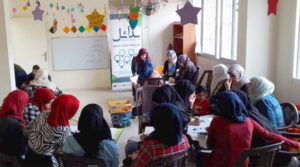
Outcome Harvesting of the project that aims to promote stability and social enterprise in Lebanon
-

Yearly evaluation and impact evaluation of a programme to foster social inclusion in Tuscany
-

Evaluation of the project “Dreams and Needs” to contrast educational poverty in Italy
-

Mid-term evaluation of the project MilKy for the development of a sustainable dairy supply chain in Kenya
-

Final evaluation of Pe.R.Co.rrere: resilience of communities in Center Italy
-

Evaluation of the promotion campaign for Piave DOP cheese in Austria, Germany and Italy
-
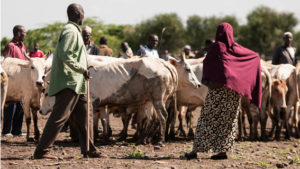
Mid-term & final evaluation of a project to strengthen resilience to climate shocks in Kenya
-
Evaluation of the promotion campaign for Italian specialities in Japan
-

Community center, final evaluation of the social inclusion project
-
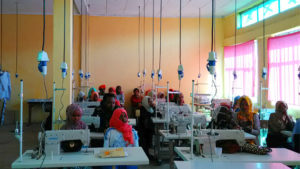
Mid-term evaluation of the project to contrast irregular migration in Ethiopia
-
Mid-term evaluation of the project for the conservation of Protected Areas in Albania
-

Social Impact Assessment of children’s protection programmes in Kyrgyzstan
-
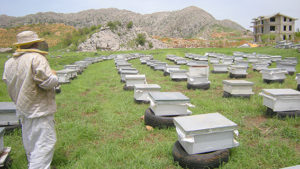
Monitoring&Evaluation of reintegration services for drug addicts and ex-addicts in Lebanon
-

SROI Analysis, Albergo Etico social performance
-
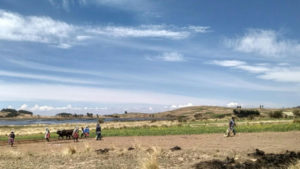
ECO.COM: strengthening local economic development in Bolivia
-

Improving the sustainability in the cherry supply chain in Bulgaria and Turkey
-

Evaluating sustainable agricultural supply chains in Bosnia Herzegovina and Albania
-
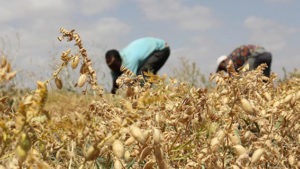
Impact evaluation of the creation of a durum wheat supply chain in Ethiopia
-
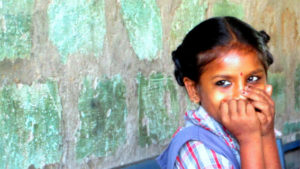
Impact evaluation of a Rehabilitation programme in India